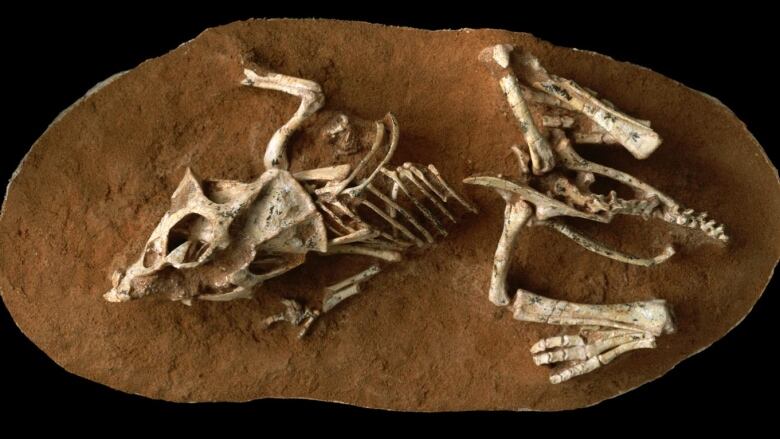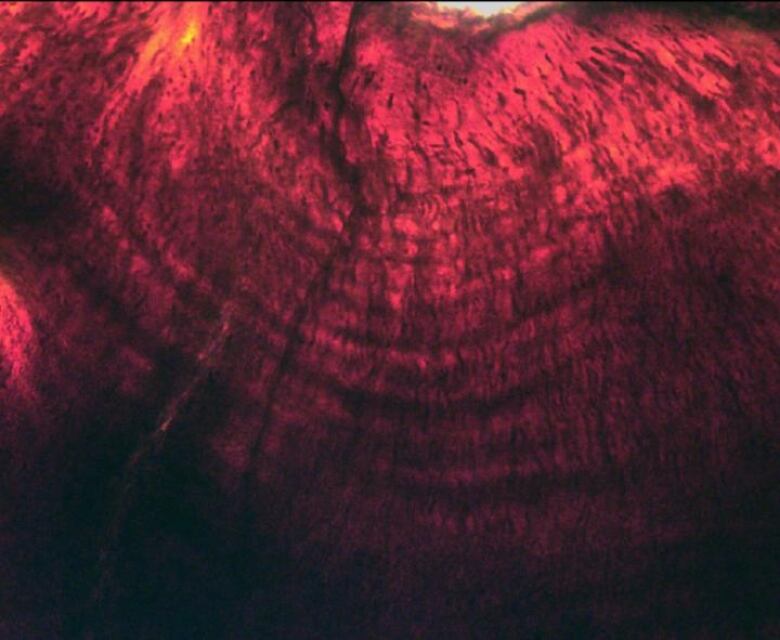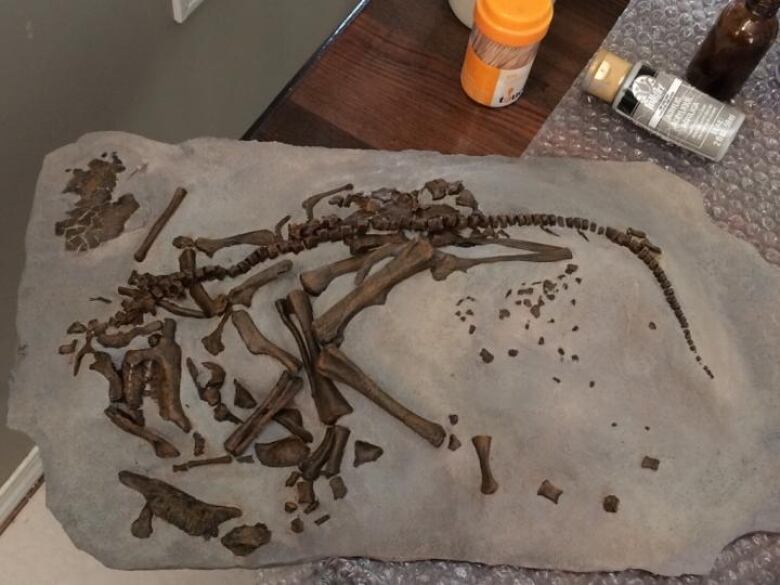Dinosaur eggs took longer to hatch than previously thought
Researchers surprised to find birds didn't inherit their incubation period from dinosaurs

New research suggests that dinosaur eggs were more similar to reptiles rather than their descendants, birds.
Scientists have long believed that dinosaur egg incubation periods would be similar to that of birds, roughly between 11 to 85 days. This would be proportional to the size of the eggs (the larger an egg, the slower the incubation period). However, research from the University of Calgary, Florida State University and the American Museum of Natural History suggests that this wasn't the case at all.
GregoryEricksonfrom Florida State University, lead researcher of thestudy publishedin Proceedings of the National Academy of Sciences, said that after studying the teeth of embryonic dinosaurs it was obvious that there was a marked difference.
"It was apparent from the get-go that these animals had slow incubations," he said.
Ericksonwas able to get access to two dinosaur embryos: aHypacrosaurus, found in Calgary,and a Protoceratops found by the American Museum of Natural History in the Mongolian Gobi Desert. Dinosaur embryosare quite rare with fewer than 10 in existence around the world.
These two embryos are on opposite parts of the dinosaur size spectrum:Protoceratopseggsare among the smallest known dinosaur eggs.Hypacrosauruseggs which look like big volleyballs weighfour kilograms. This allowed the researchers to study both large and small dinosaurs, rounding out the picture of incubation.
Dinosaur teeth contain growth lines which are also found in other animals, including reptiles like crocodiles, and even humans. As teeth develop, they form a new line each day, similar to tree rings. Using these lines which are accurate up to a day the researchers ascertained the age of the embryos.

The Protoceratopshad an incubation period of three months, while the giant Hypacrosaurushad an incubation period of six months. So, instead of dinosaur eggs having incubation periods more typical to that of birds, they had periods similar to reptiles.
"It was a big surprise,"Ericksonsaid. "I did not expect that."
Co-author DarlaZelenitskyfrom the University of Calgary said she wasn't totally surprised by the findings.
"Some dinosaurs certainly nested in ways more similar to reptiles where the eggs are covered by nest materials during incubation rather than brooded by an adult (as in birds)," she told CBC News."Considering this, it is not entirely surprising that they had longer incubation periods. On the other hand, yes, because we know birds evolved from dinosaurs (and are actually living dinosaurs), so there is the presumption that dinosaurs had bird-like traits initially, including shorter incubation periods."
This new finding suggests that birds inherited their rapid incubation, whichEricksondescribes as "explosive," after they diverged from dinosaurs.
Repercussions
The new research suggests that the incubation periods also affected their lives after the asteroid impact that wiped out the dinosaurs about 66 million years ago.
"Slow growth within the eggs, along with other factors, could have put dinosaurs at a disadvantage at the time of the end-Cretaceous extinction event," saidZelenitsky."Certainly species may not have been able to reproduce quickly enough to maintain a population."
Paleontologists believe that dinosaurs were endothermic, needing a lot of energy to stay alive, which in turn, means that they needed a lot of food. But after the impact, food was scarce.

On top of that, their eggs required quite some time to hatch, limiting regeneration rates. And after a cataclysmic event like the one that wiped out 80 per cent of life on Earth, reproducing quickly would have certainly been advantageous. As well, faster generation would also be helpful in species developing mutations that would allow them to live in such a changed environment.
"It's not that this is the one thing that doomed thedinosaurs, by any stretch when this asteroid hit, it created a resource-limited environment," Erikson said.
It also calls into question the belief that dinosaurs would migrate to the Arctic for food and then return to breeding grounds, since incubation periods of almost a year would make this impractical.
The next step is determining exactly when birds moved away from the reptile-like long incubation period.
Erickson said there is data suggestingit was likely before the asteroid impact, but further study is needed. He's hoping that he will be given access toother embryos, possibly even atoothed bird embryo.












_(720p).jpg)


 OFFICIAL HD MUSIC VIDEO.jpg)
.jpg)



























































































